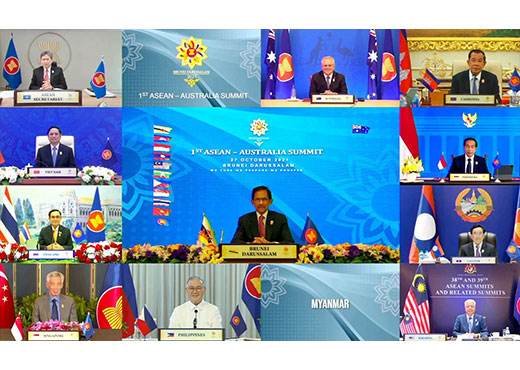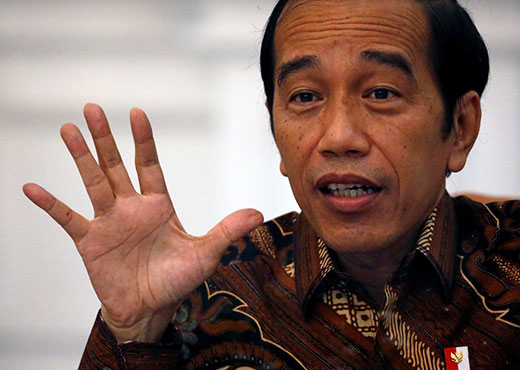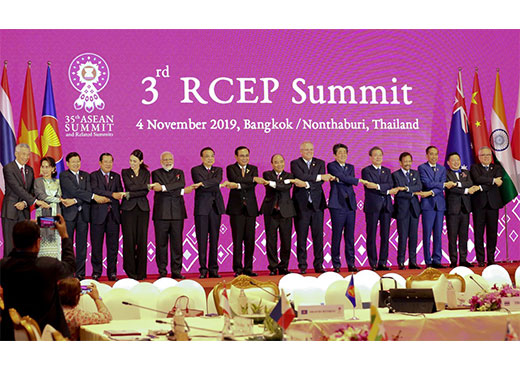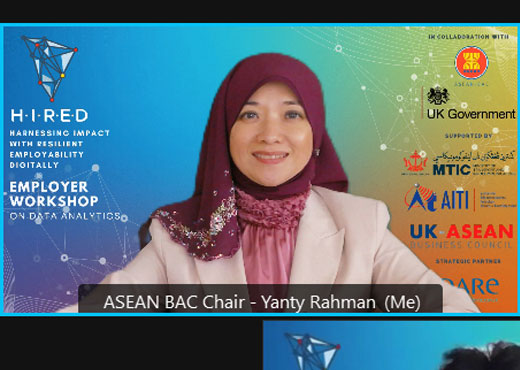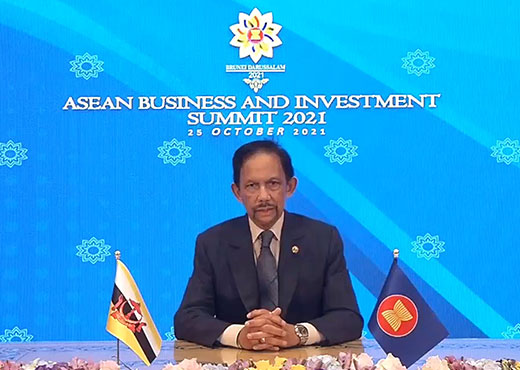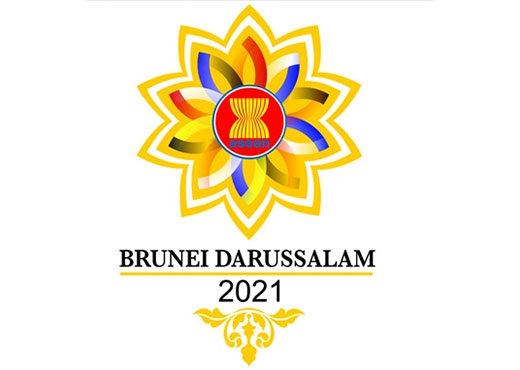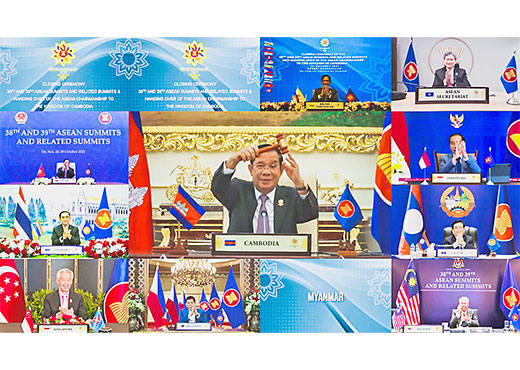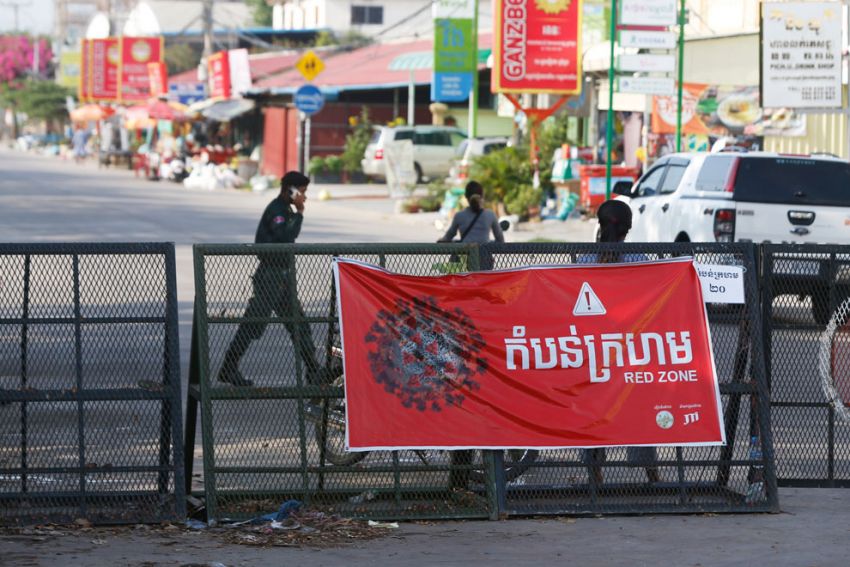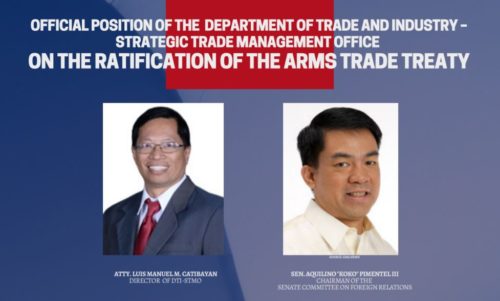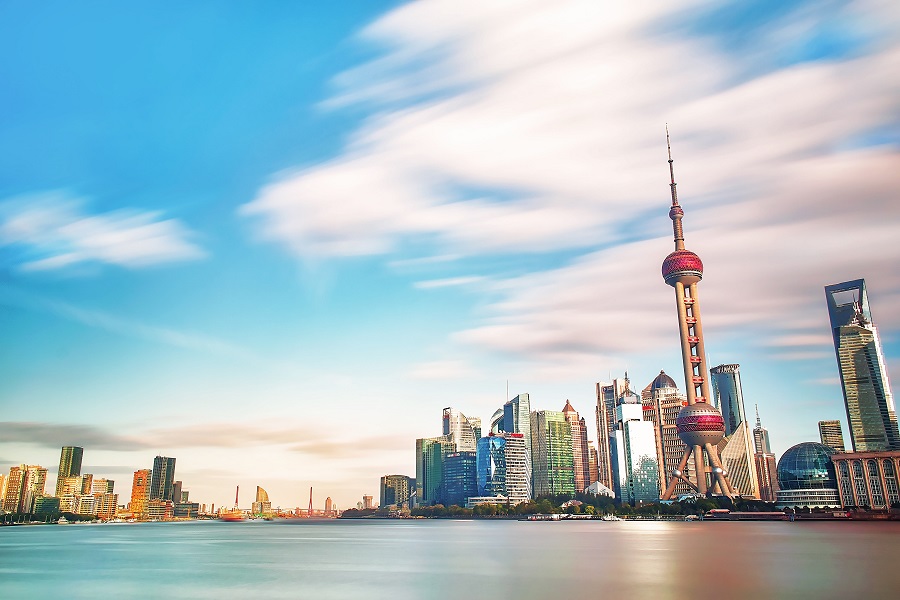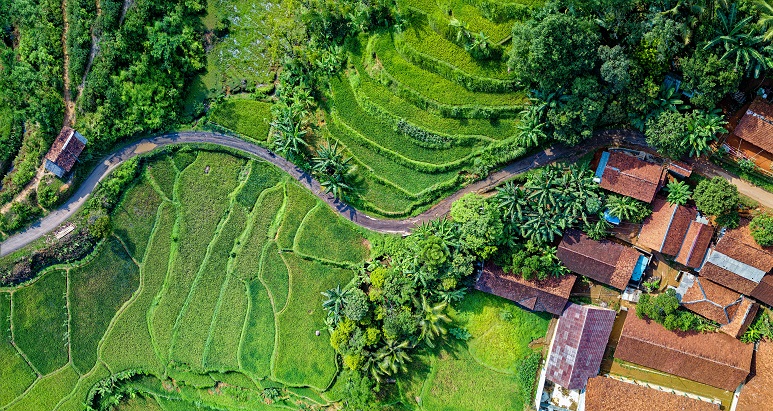THE five largest economies in the Asean region, excluding Singapore, could grow at a faster clip than China next year due to both cyclical and structural factors, and also because of Beijing's pursuit of a "zero-Covid-19" strategy, a Maybank Kim Eng report said on Friday.
Maybank economists said: "China may be entering into a structurally slower-growth phase, with the shift towards more inclusive and socialist policies."
They are predicting a 5.6 per cent growth next year for the Asean-5 - Indonesia, Malaysia, the Philippines, Thailand and Vietnam.
They added that this is significantly higher than their 5 per cent outlook for China, the gross domestic product (GDP) of which has exceeded that of Asean's every year for the last 30 years.
Asean's growth recovery is set to be led by the Philippines at 7 per cent, Vietnam at 6.7 per cent and Indonesia at 5.4 per cent. This will be driven largely by cyclical drivers such as Asean members' readiness to reopen their respective economies amid rising vaccination rates, Maybank said.
While China's vaccination rate is one of the highest in the world with nearly 73 per cent fully vaccinated, it is starting to slow down. However, it is also pursuing a "zero Covid-19" strategy, implementing snap lockdowns and movement restrictions where small outbreaks occur.
This, alongside its ongoing energy crisis, is likely to worsen supply chain disruptions and logistic bottlenecks, said Maybank.
Snap lockdowns have also led to consumer sentiment falling to its lowest level in a year; tourism revenue fell further during the recent Golden Week holidays.
In contrast, Asean's more pragmatic "living with Covid-19" strategy, implemented amid a sharp acceleration in vaccine rollout, has improved people's mobility; the retail and recreation sectors have, in fact, returned to pre-pandemic levels in Indonesia and Thailand.
Maybank said: "We expect Thailand to reach 70 per cent full vaccination rate by January 2022, Indonesia by April 2022, the Philippines by May 2022, and Vietnam by June 2022. Malaysia's vaccination rate will likely exceed 70 per cent by the end of October."
Asean governments face a large public debt overhang because of costly Covid-19 fiscal programmes, but corporate and household debt have not increased as significantly during the pandemic and over the last decade, Maybank said.
Indonesia and the Philippines are undertaking tax reforms and improving incentives for foreign investment.
Conversely, China's total debt, at 287 per cent of GDP, as well as its corporate debt at 159 per cent, are far higher than Asean's and will be a drag on future growth, Maybank said.
The Chinese government's crackdown on real estate lending, shadow banks and the fintech industry to contain systemic and leverage risks is likely to further dampen investment and growth, it added. The property curbs are like to have spillover effects for the rest of the economy, since the sector accounts for about 28 per cent of GDP and 27 per cent of total loans.
Maybank also noted that tech adoption and penetration rates have accelerated in Asean during the pandemic, with plenty of room still to grow, whereas China's growth, even though rapid in the past decade, has started to plateau.
This makes Asean more attractive for fintech investments, as China becomes a more mature market, it added. Tech investment is rising rapidly in Asean, with more home-grown unicorns going public, particularly in Indonesia.
China's clampdown on the tech sector has instead led to a "bloodshed" in China tech stocks this year, Maybank said, adding that the country will introduce more regulations for businesses in the coming years, as indicated by the government's five-year blueprint.
In addition, China faces an intensification of growth pressures due to its ageing population and slow labour force growth, while Asean's more favourable demographics places it in a better position in the long term.
"Favourable demographics will support the reconfiguration of manufacturing supply chains towards Asean, a structural shift which will strengthen with the economic reopening," said Maybank.
Asean has also become more attractive in terms of wage competitiveness, with manufacturing wages in most of Asean well below that for China.
"The US-China tech and trade war will continue under the Biden administration. MNCs (multinational corporations) will continue to diversify and reduce the risks and shocks from any escalation in trade tensions," it said.
However, a sharp slowdown in China could have an adverse impact on Asean, since it accounts for a fifth of Asean's total trade. This is larger than the US at 11.5 per cent and Japan at 7.7 per cent.
China is also one of the largest sources of foreign direct investment for Asean, even though outward investment to Asean was already plateauing even before the pandemic, falling to a 3-year low of US$13 billion in 2019.
Its pursuit of a "zero-Covid-19" policy could also delay the easing of borders for outbound tourism to resume, which means Asean would likely target visitors from other countries to plug the gap left by Chinese tourists, Maybank said.
Source: The Business Times (Singapore)
Date: 15 October 2021
Reference: https://www.businesstimes.com.sg/asean-business/asean-5s-growth-primed-to-surpass-chinas-for-first-time-helped-by-beijings-zero-covid

